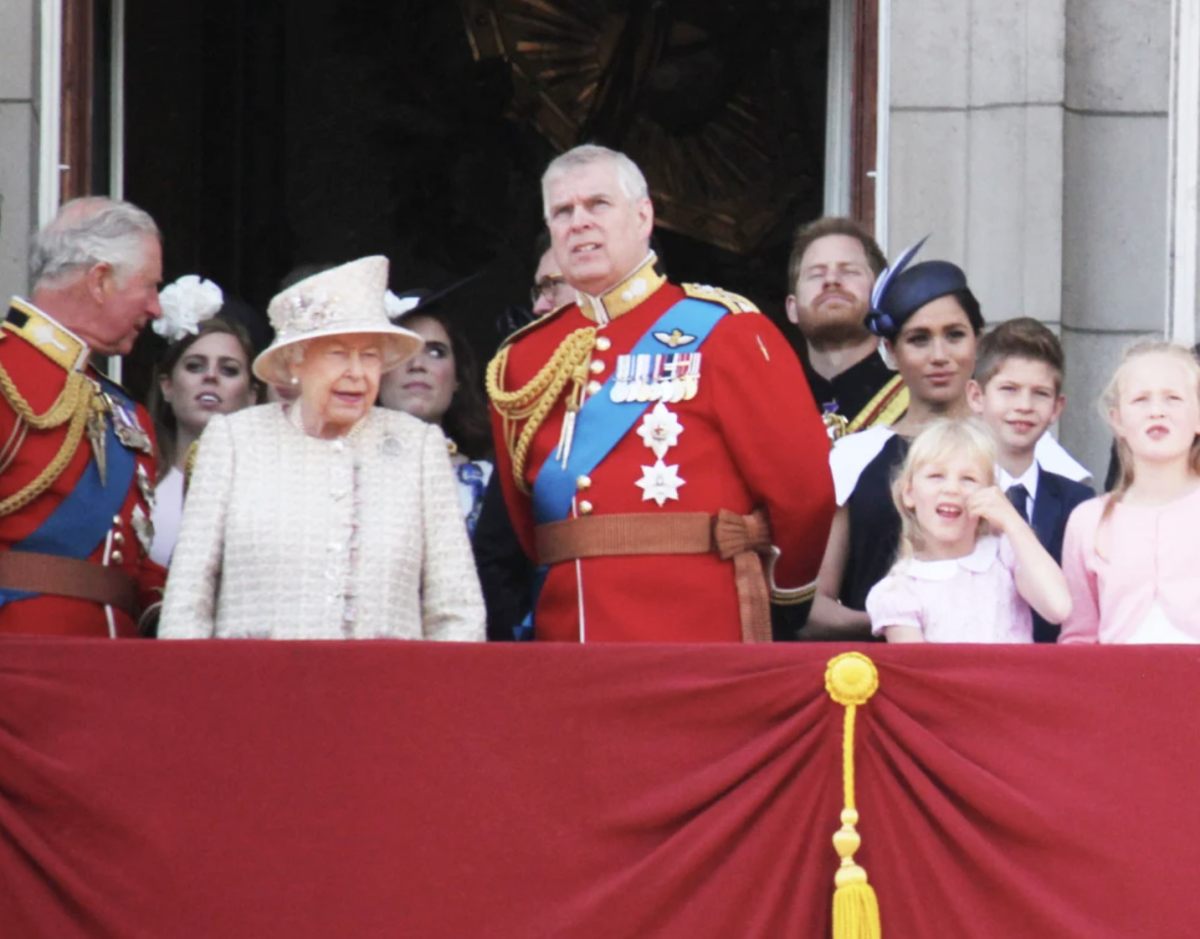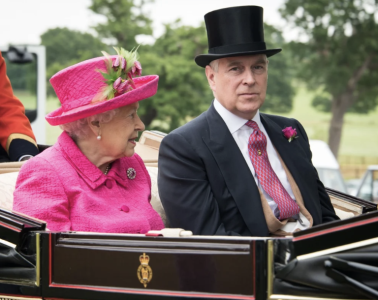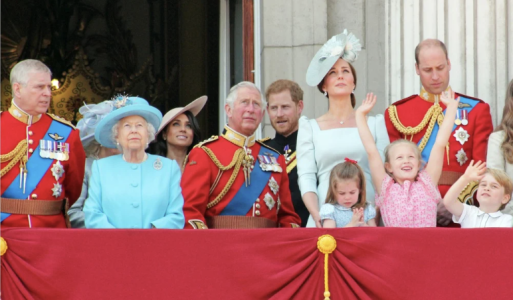
After years of swirling controversy and mounting public pressure, Prince Andrew has made a move that’s sent shockwaves through royal circles and beyond.
He has officially renounced his title of Duke of York, along with other honours, in the wake of renewed scrutiny over his ties to the late United States sex offender Jeffrey Epstein.
The announcement on 17 October comes after what Andrew described as ‘discussions with my brother, King Charles III, and my own immediate and wider family’.
‘I have decided, as I always have, to put my duty to my family and country first.’
While he continues to deny all allegations against him, Prince Andrew acknowledged that ‘the continued accusations about me distract from the work of His Majesty and the Royal Family’.
Prince Andrew’s decision to relinquish the Duke of York title is unprecedented in modern royal history.

The title, bestowed upon him by his late mother, Queen Elizabeth II, has deep historical roots and is closely associated with York.
Prince Andrew is distancing himself from public duties and a significant part of his royal identity by stepping away from them.
He will, however, remain a prince, as the second son of Queen Elizabeth II.
His ex-wife, Sarah Ferguson, will no longer use the title Duchess of York, though their daughters, Princess Beatrice and Eugenie, retain their royal status.
The scandal that won’t go away
This latest development follows a fresh wave of allegations, reignited by the posthumous memoir of Virginia Giuffre, the woman at the centre of the Epstein scandal.
In her book, Nobody’s Girl: A Memoir of Surviving Abuse and Fighting for Justice, Giuffre details her alleged encounters with Andrew, including claims that he treated sex with her as his ‘birthright’.

She alleged that these encounters began when she was just 17, and that Andrew was fully aware of her age.
Giuffre’s memoir, published after her tragic death earlier this year in Western Australia, has brought renewed attention to the case.
Her detailed recollections, including the infamous night at London’s Tramp nightclub and the subsequent events at Ghislaine Maxwell’s house, have again put Andrew’s conduct under the microscope.
A Royal reputation in tatters
Prince Andrew’s association with Epstein has long been a source of embarrassment for the royal family.
Once celebrated as a dashing war hero and helicopter pilot in the Falklands War, Andrew’s reputation has been irreparably damaged.
Source: BBC News / Youtube.
His 2019 BBC interview, intended to clear his name, only deepened public scepticism, with his denials and explanations widely ridiculed.
Despite never facing trial—having settled Giuffre’s civil lawsuit for a reported multimillion-dollar sum—Prince Andrew’s denials have done little to restore his standing.
While not an admission of guilt, the settlement was seen by many as an attempt to avoid further damaging revelations in court.
What does this mean for the Royal family?
The monarchy has weathered many storms, but the Epstein scandal has been particularly corrosive.
King Charles III, keen to modernise and slim down the royal family, has made it clear that there is little room for scandal.

Andrew’s withdrawal from public life in 2019 was the first step; relinquishing his title is the latest.
The loss of their duke is symbolic for the people of York. Local leaders have previously called for Andrew to give up the title, arguing that his continued association was damaging the city’s reputation.
What happens next?
While Prince Andrew remains a prince, his public role is effectively over. The royal family hopes that this move will end the scandal.
Still, with ongoing media interest and the possibility of further revelations, it’s unlikely to disappear from the headlines soon.
What This Means For You
What do you think about Prince Andrew’s decision to renounce his title? Does it go far enough, or is it too little, too late? How do you feel about the royal family’s handling of the scandal? Share your comments below and join the conversation.







